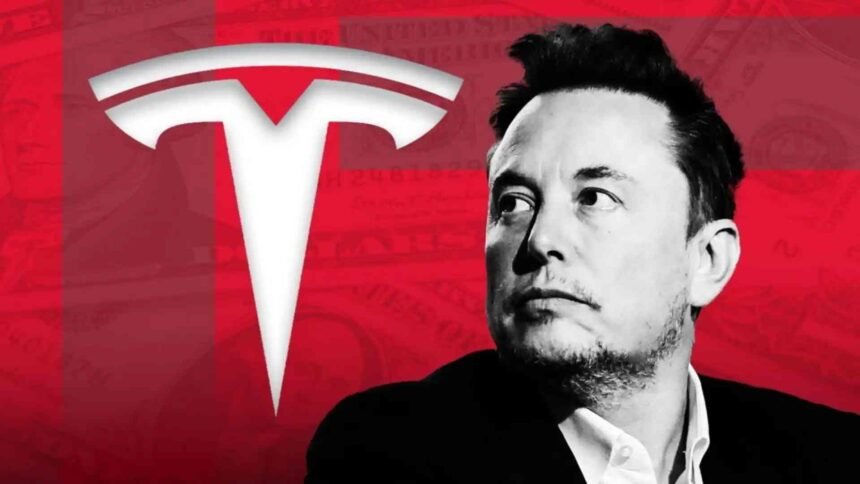Tesla chip deal headlines today’s semiconductor world. In a game‑changing move, Tesla and Samsung Electronics have signed a massive $16.5 billion chip supply agreement that will run through the end of 2033. This Tesla chip deal is expected to power Tesla’s next‑generation AI6 chip production at Samsung’s new Texas fab, reviving Samsung’s foundry business and reinforcing Tesla’s edge in AI‑driven automotive innovation.
Deal Overview
- Value: $16.5 billion
- Duration: Until end of 2033.
- Chips: Dedicated to Tesla’s AI6 chip, vital for full self‑driving and AI systems
- Location: Samsung’s troubled Taylor, Texas plant, now linked to Tesla’s AI ambitions.
Tesla CEO Elon Musk personally confirmed that Samsung’s Texas facility will be exclusively manufacturing Tesla’s next‑gen AI6 chips. He emphasized Tesla’s hands‑on role in speeding up production efficiency and said he “will walk the line personally” to oversee progress .
Why It Matters
Big Win for Samsung Foundry
Samsung’s foundry division has been in the red losing over ₩5 trillion (~$3.6 billion) in the first half of 2025 alone. The Tesla chip deal is seen as a lifeline providing guaranteed volumes to help Samsung regain its footing in advanced logic chip manufacturing.
Strategic Boost for Tesla’s AI Ambitions
Tesla is doubling down on AI capability. The AI6 chip will power everything from Full Self‑Driving to future Optimus robots. By securing a dedicated supply, Tesla shields itself from industry shortages and dependency on other foundries like TSMC.
Trade & Geopolitical Significance
The partnership aligns with South Korea’s efforts to deepen U.S. industrial ties amid trade talks over potential tariffs. For Samsung, this deal marks a critical pivot toward stronger global alliances in chips and shipbuilding.
Background & Context
- Analysts note the order is unlikely to involve Samsung’s 2‑nanometer process due to still‑unstable production yields. Instead, a more matured process technology will be used for reliability.
- Samsung had quietly announced the $16.5 billion contract earlier, but did not name Tesla due to confidentiality. Tesla later confirmed itself as the client, supported by multiple sources.
- Samsung has seen key clients defect to rival foundries like Taiwanese TSMC, including Apple, Nvidia and Qualcomm, further undermining its market share in logic chips.
What Comes Next?
Taylor, Texas Fab Gets a Mission
Tesla’s involvement in Samsung’s Texas plant signals its deep commitment. Musk indicated his house is “not far” from the site—suggesting personal oversight of chip production to ensure quality and on‑time delivery.
Samsung’s Market Response
Samsung’s stock rose over 4% after the announcement, reflecting investor confidence in its foundry turnaround. Market watchers expect further stabilization in Samsung’s financials in coming quarters.
Tesla’s AI6 Roadmap
With a steady supply of AI6 chips, Tesla can continue pushing firmware updates, full self‑driving, and robotics developments with less bottleneck risk. Having its own in‑house design and a reliable fabrication partner strengthens Tesla’s long‑term AI hardware strategy.
The Tesla chip deal represents more than a contract—it’s a strategic alliance. Samsung gains stability and a major client for its troubled foundry business. Tesla secures the hardware backbone for its AI ambitions. As Musk puts it: a powerful move in shaping the future of self‑driving, robotics, and manufacturing in the EV age.
By locking in chip supply through 2033, Tesla ensures its autonomous future, while Samsung gets a much‑needed win in the foundry race. Watch this space—the rollout of AI6 chips in Tesla vehicles could redefine the benchmark for automotive computing in coming years.






